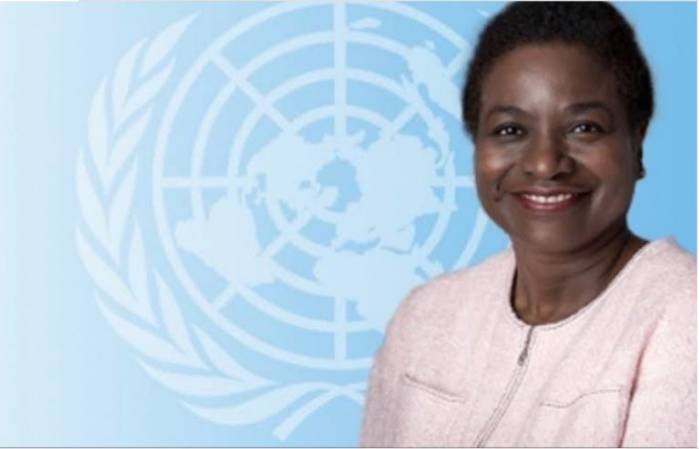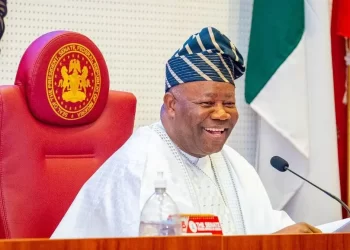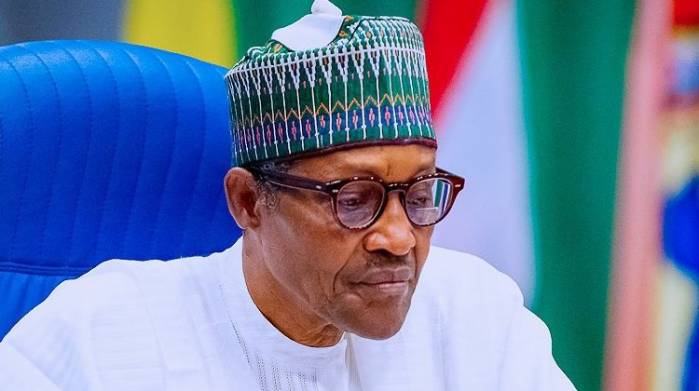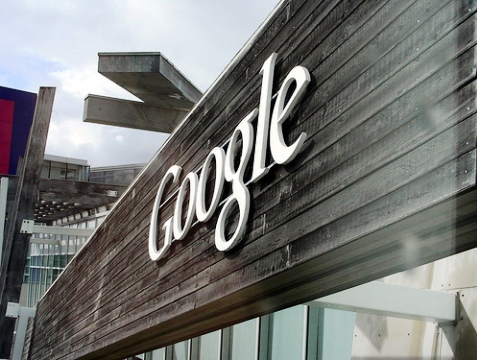Dr. Natalia Kanem, the Executive Director, UN Population Fund (UNFPA) says the lack of bodily autonomy is one of the greatest barriers to advancing women’s equality.
Kanem said this in a statement issued by Mrs Kori Habib, the Media Associate of UNFPA Nigeria on Monday in Abuja to mark the annual March 8 International Women’s Day (IWD).
She said the inability of women to take decisions about their body, especially on sexual reproductive health, remained an obstacle to accelerated women empowerment.
She added that “yet many obstacles still block women’s path to leadership. One of the most fundamental is the lack of bodily autonomy.
“Many women cannot make basic decisions about their bodies such as whether to have sexual relations or not, to use contraceptives or not, or even make their own healthcare choices.”
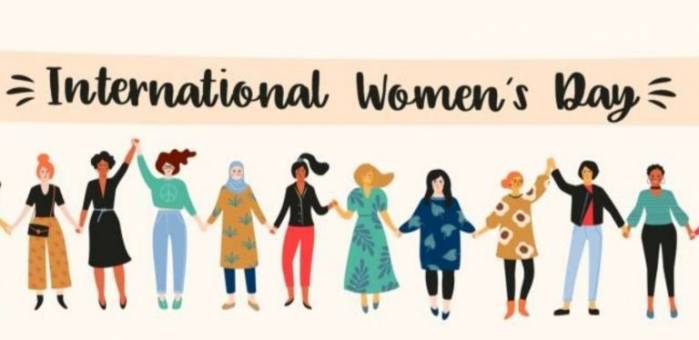
The UNFPA executive director said the COVID-19 pandemic increased the lack of bodily autonomy of women, thereby slowing the progress made so far in women equality.
She noted that “no woman should be denied these choices. Yet we see, one year into the COVID-19 pandemic, how crises can exacerbate existing barriers that hinder the ability of women to exercise bodily autonomy.”
According to her, sexual and reproductive health services are shuttered or scaled back across the globe, while Gender-Based Violence skyrocketed.”
Kanem, who reiterated the call for gender equality, said that a woman who could not realise bodily autonomy was at the risk of facing compounding barriers to equality throughout her life, undermining the range of rights and choices required to become a leader.
She, therefore, called for collaboration of all actors to ensure that women gained skills and opportunities to lead, aimed at building on a firm foundation of bodily autonomy.
She saluted women’s exceptional role in advancing the frontiers of the society even during the COVID-19 emergency.
She said “throughout the COVID-19 crisis, women have kept entire societies going, sustaining health systems as majority frontline workers, courageously managing extra responsibilities at home in caring for the ill as well as children out of school.
“They have kept open shelters for survivors of violence against women and they have scaled mountains, literally, to distribute contraceptives.”
She expressed optimism that with women’s unforgettable testaments to the value of their leadership, a society where bodily autonomy for women was realisable.
READ ALSO: 5,000 Nigerian Refugees Repatriated From Cameroon
“These should be celebrated and replicated all the way to a world where every woman is able to govern her body and her life, where women lead as equals, as is their right.”
“All over the world, women lead. They lead peace processes, run businesses, establish hospitals and schools. They are presidents of countries and corporate boards. They head international and grassroots organisations, faith-based groups and sports teams, labour and environmental movements, often while caring for their families and communities.
Congratulating women on this auspicious day, the UNFPA executive director said no country had yet attained complete gender parity in leadership, as she expressed hope that it was attainable.
Kanem, however, urged women to continue to be agents of change, institutionalising peace and prosperity while pursuing their rights of gender equality.
NAN reports that March 8 is set aside for the commemoration of International women’s Day in recognition of the social, economic, cultural, and political achievements of women and also a call to action for accelerating women’s equality.
The 2021 IWD has “Women in Leadership: Achieving an Equal Future in a COVID-19 World”as its theme. (NAN)
